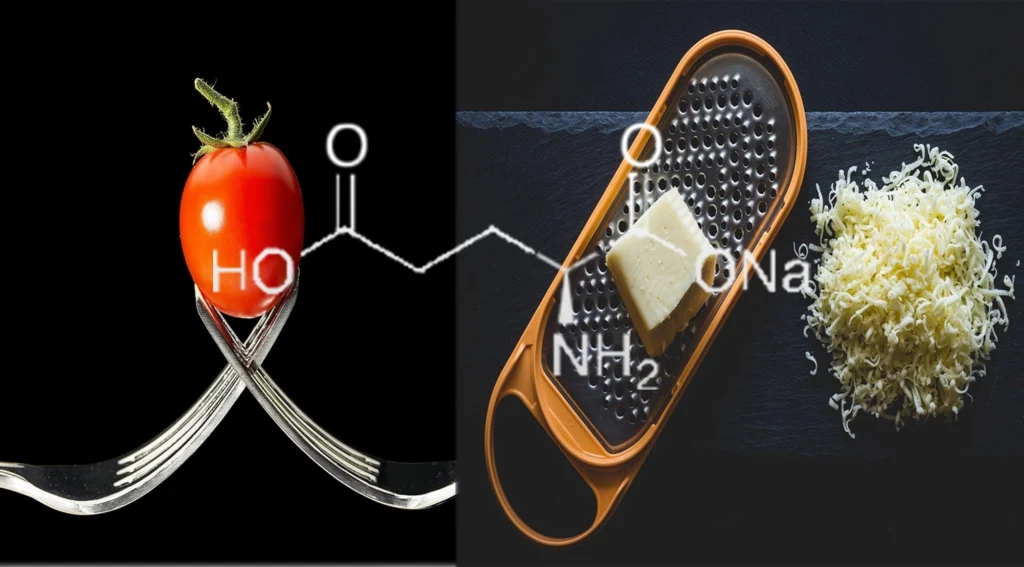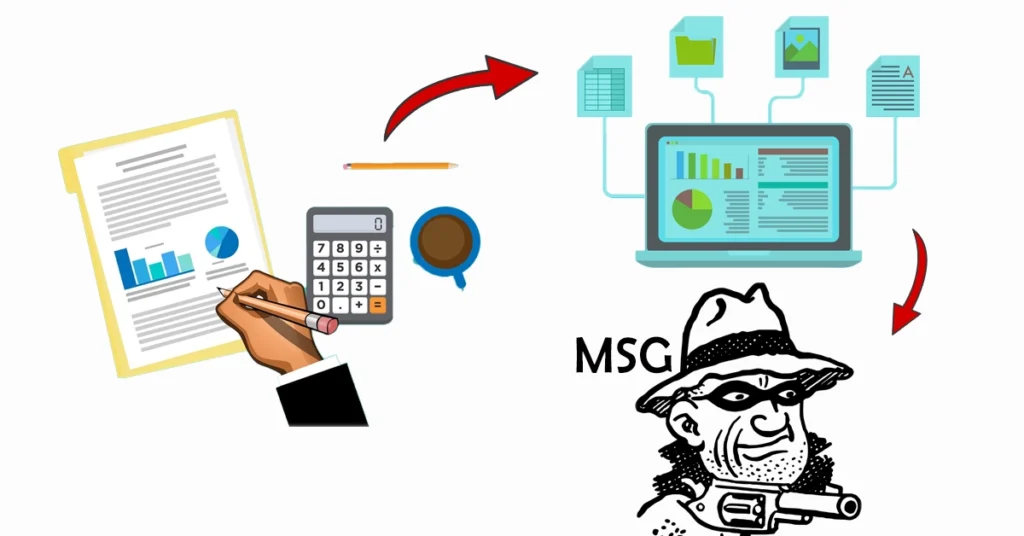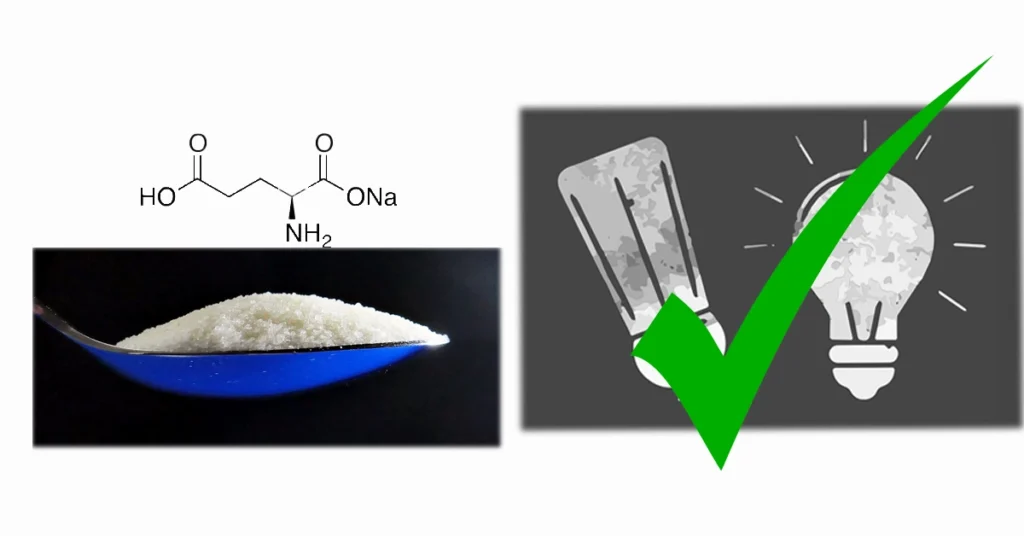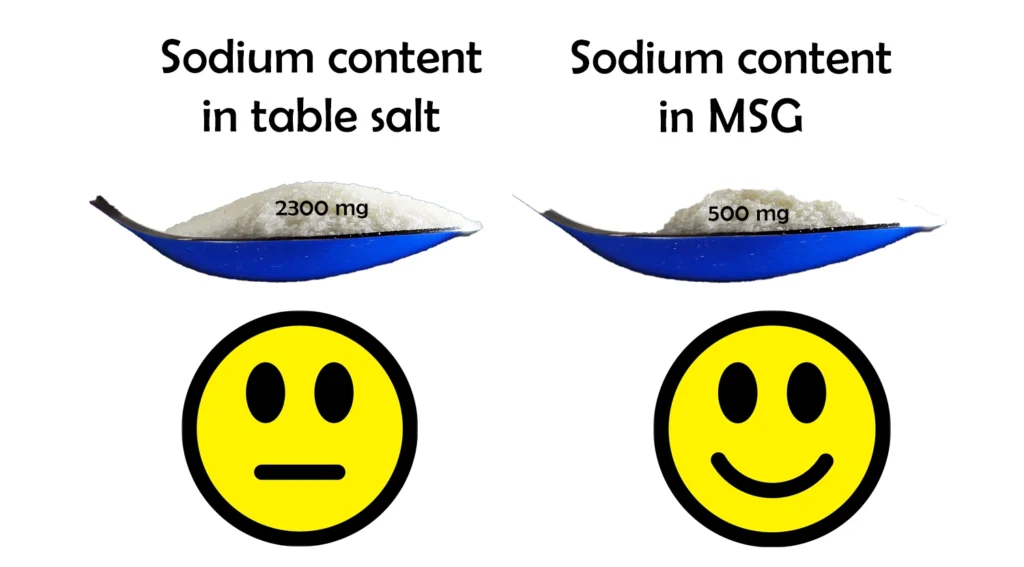What comes to mind when you think of MSG (Monosodium glutamate) or Ajinomoto? Yes, Monosodium glutamate in food is common especially in processed and umami flavored foods.
Monosodium glutamate is not a harmful chemical that simply makes food tastier and causes health problems
But, you are partially correct. MSG is a chemical synthesized to enhance the taste of salty and savory dishes, especially in soup recipes.
Msg is not bad for your health as there are no valid data that proves that MSG is bad for human health.
Table of Contents
- The Villainous Past of MSG
- Health Benefits of monosodium glutamate (MSG)
- What’s making MSG unhealthy
Indeed, MSG is naturally found in tomatoes and cheeses. The love for tomato chutney can be the love for MSG or the umami flavor in it.

Have you ever experienced “Wow, this restaurant soup is so good! A perfect blend of sweet and tangy taste.” But I can’t figure out what’s good in it. That’s possibly the umami flavor from msg.
MSG has some benefits like real health benefits. Let’s munch on these MSG-enhanced chips (at your own cost) and digest the truth about them.

The Villainous Past of MSG
The story of MSG started in 1908 when Japanese biochemist Kikunae Ikeda tried to isolate and duplicate the savory taste of kombu, an edible seaweed used as a broth (dashi) for Japanese cuisine.

The story took a villainous turn when a Chinese American physician described feeling ill after eating Chinese food in The New England Journal of Medicine and used the term “Chinese restaurant syndrome” mentioning the symptoms he experienced.

After this, several other researchers produced studies to confirm this claim. Those experiments were conducted especially in higher doses of Monosodium Glutamate.
MSG was then seen as a villain, especially in Western countries and most restaurants avoided the use of MSG.

In recent years, many nutritionists have reassessed MSG and found it to be generally safe when consumed in moderate amounts.
The negative reputation that MSG once held was largely unfounded.
Even, the FDA considers the addition of MSG to foods to be “generally recognized as safe” (GRAS). Although many people identify themselves as sensitive to MSG, in studies with such individuals given MSG or a placebo, scientists have not been able to trigger reactions consistently.
Experiments conducted on behalf of WHO mention “Controlled, double-blind crossover trials have failed to demonstrate an unequivocal relationship between “Chinese restaurant syndrome” and consumption of MSG. MSG does not provoke bronchoconstriction in asthmatics.”
Also, it says “Acute, short-term, and chronic toxicity studies on MSG in the diet of several species have not shown specific toxic effects and there is no evidence of carcinogenicity or mutagenicity”
Health Benefits of monosodium glutamate (MSG)
Reduced salt intake:

One teaspoon of MSG contains 500 mg of sodium, while 1 teaspoon of salt contains 2300 mg,
Hence, using MSG instead of salt reduces sodium intake and improves overall health.
MSG can’t be substituted everywhere for salt. MSG goes well only with certain dishes like soups and savory dishes.
Adding monosodium glutamate to ice cream doesn’t make any difference
Taste
Add a bit of MSG to your sambhar or soup to add a restaurant taste to home-cooked food.
Who hates healthy home-cooked restaurant-tasting food? Probably I am not the one.
What’s making MSG unhealthy
Quantity of MSG used
There is nothing wrong with restaurants adding MSG but with a teaspoon of salt. That’s more than the required sodium.
Adding MSG to every dish makes the MSG too much and causes side effects.
Glutamate in natural foods is attached to a long chain of other amino acids. When you eat it, your body breaks it down slowly and can closely regulate the amount that you take in.
But when it comes to monosodium glutamate. Rapid release of glutamate increases blood levels of glutamate causing the so-called “Chinese restaurant syndrome”.
Hidden Monosodium glutamate
If you assume your MSG is only in savory dishes. Think twice, MSG is hidden in processed foods.
You are consuming a higher quantity of MSG without your knowledge.
The person who thinks to avoid msg should avoid the following foods
- Potato chips
- Fast food
- Seasonings, including condiments
- Convenience meals
- Cold-cuts
- Iced tea mixes
- Salty snacks
- Instant noodles
- Sports drinks
- Processed meats
- Canned soups
- Soy sauce
- Broth/bouillon
- Salad dressings
- Crackers
MSG intolerance
Some people are intolerant to MSG. It’s the same as dairy products or nuts intolerance.
People who are often experiencing these symptoms after consuming msg should avoid consuming msg.
- muscle tightness,
- numbness/tingling,
- weakness,
- flushing and
- the well-known MSG headache, which can manifest as either a migraine or a tension headache.
Those people should avoid any products that contain MSG in it.
References;
Migala, J. (2024, September 19). Is salt bad for people with diabetes? EverydayHealth.com. https://www.everydayhealth.com/type-2-diabetes/diet/salt-bad-diabetics/
What is MSG and is it bad for your health? | Banner Health. (n.d.). https://www.bannerhealth.com/healthcareblog/teach-me/the-truth-about-msg#:~:text=%E2%80%9CWhile%201%20teaspoon%20of%20MSG,2300%20mg%2C%E2%80%9D%20Arndt%20said
Maluly HDB, Arisseto-Bragotto AP, Reyes FGR. Monosodium glutamate as a tool to reduce sodium in foodstuffs: Technological and safety aspects. Food Sci Nutr. 2017 Jul 13;5(6):1039-1048. doi: 10.1002/fsn3.499. PMID: 29188030; PMCID: PMC5694874.
Tayag, Y. (2023, May 17). Eat more MSG—You know, for your health. The Atlantic. https://www.theatlantic.com/health/archive/2023/05/msg-salt-intake-healthy/674025/
Niaz K, Zaplatic E, Spoor J. Extensive use of monosodium glutamate: A threat to public health? EXCLI J. 2018 Mar 19;17:273-278. doi: 10.17179/excli2018-1092. PMID: 29743864; PMCID: PMC5938543.
638. Glutamic acid and its salts (WHO Food Additives Series 22). (n.d.). https://www.inchem.org/documents/jecfa/jecmono/v22je12.htm

